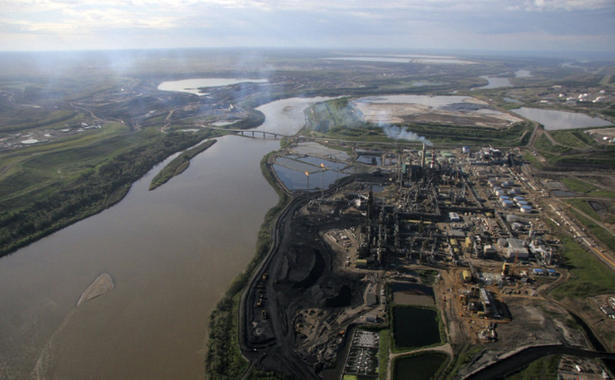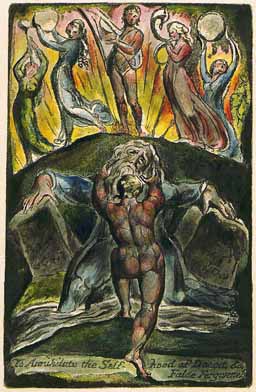httpv://www.youtube.com/watch?v=IOKDVXu-wYo
Today is the fortieth anniversary of the release of Led Zeppelin’s fourth album, commonly known as Led Zeppelin IV, but more cultishly referred to as “Zoso,” after the stylized runic characters that appeared on the inside jacket of the vinyl release.
The most famous and (over)played song on the album is also the one most identified with the band, “Stairway to Heaven.” I can no longer listen to it: thousands of continuous radio-play exposures over the years are enough. The song I am posting therefore is the album’s opening track, “Black Dog.” Two things in particular make this song. First, the fact that it is so obviously derived from Delta blues, which was always the great engine that drives the band’s music; in this case the song’s call-and-response structure, especially the guitar riff that makes up the response. The second is the way that John Bonham drags the beat in the lead-up to the chorus. How? Why? It doesn’t make any sense other than in some unforeseeable way it works.
Rolling Stone‘s original review of the album here.

